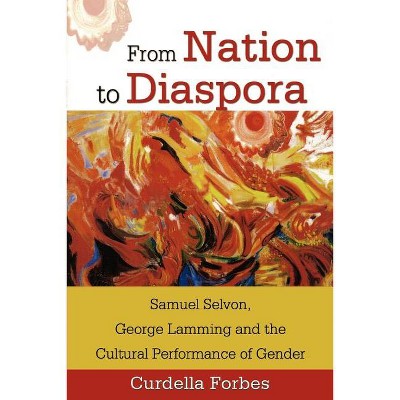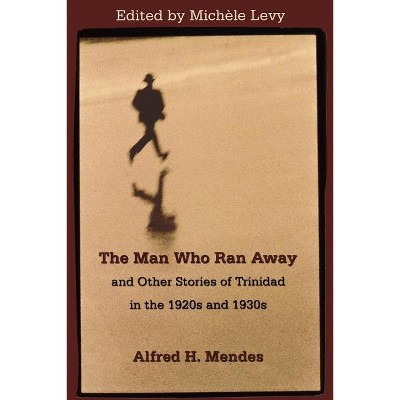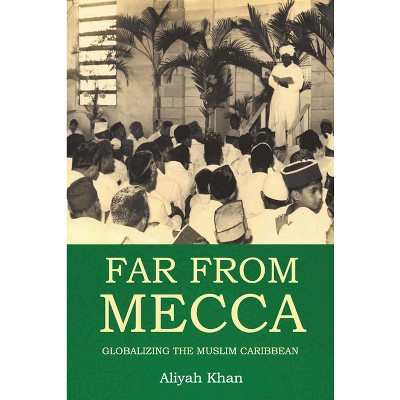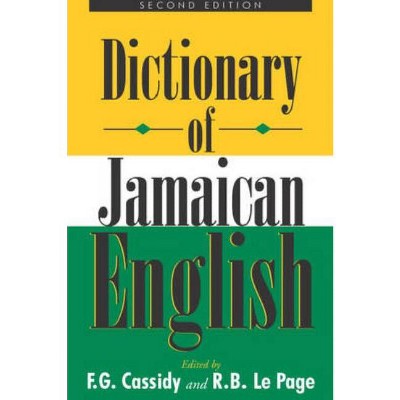About this item
Highlights
- Anthony C. Winkler, one of the most popular West Indian writers of the last fifty years largely due to his "out-of-order" outrageousness, is a white Jamaican who is often, on the basis of his writing, assumed to be black.
- Author(s): Kim Robinson-Walcott
- 220 Pages
- Literary Criticism, Caribbean & Latin American
Description
Book Synopsis
Anthony C. Winkler, one of the most popular West Indian writers of the last fifty years largely due to his "out-of-order" outrageousness, is a white Jamaican who is often, on the basis of his writing, assumed to be black. Acknowledging the fluidity of the terms "white Jamaican" and "white West Indian", the book offers a preliminary overview of writing by white West Indians, identifying stereotypes and relating Winkler's books to prevalent trends demonstrated by other white West Indians - and suggesting that Winkler's work stands apart from the mainstream in significant ways. The book provides a detailed analysis of two Winkler novels (The Lunatic and The Duppy) and an autobiographical work (Going Home to Teach). In examining these texts Robinson-Walcott highlights aspects of Winkler's experience which have helped shape his distinctive, "out-of-order" vision.
Anthony C. Winkler has emerged as a significant as well as an immensely popular Jamaican writer of fiction, with four novels, one autobiographical work and a collection of short stories already published, and two additional novels scheduled for publication in 2006. Several of his novels are being taught at universities in the West Indies and in North America, yet very little published criticism of his work exists. This book fills that gap; and because it has been written in a highly readable language, it is accessible to the many non-academic fans of his work.
Review Quotes
"No Jamaican writer of any period is as accessible, enjoyable and profound as Winkler, and a book recognizing his place as a West Indian writer is long overdue. Robinson-Walcott's knowledge of Winkler, her readings in West Indian criticism, her scholarship and her summary skills are impressive."
- Kenneth Ramchand, Director of the Academy of Arts, Letters, Culture and Public Affairs at the University of Trinidad and Tobago












